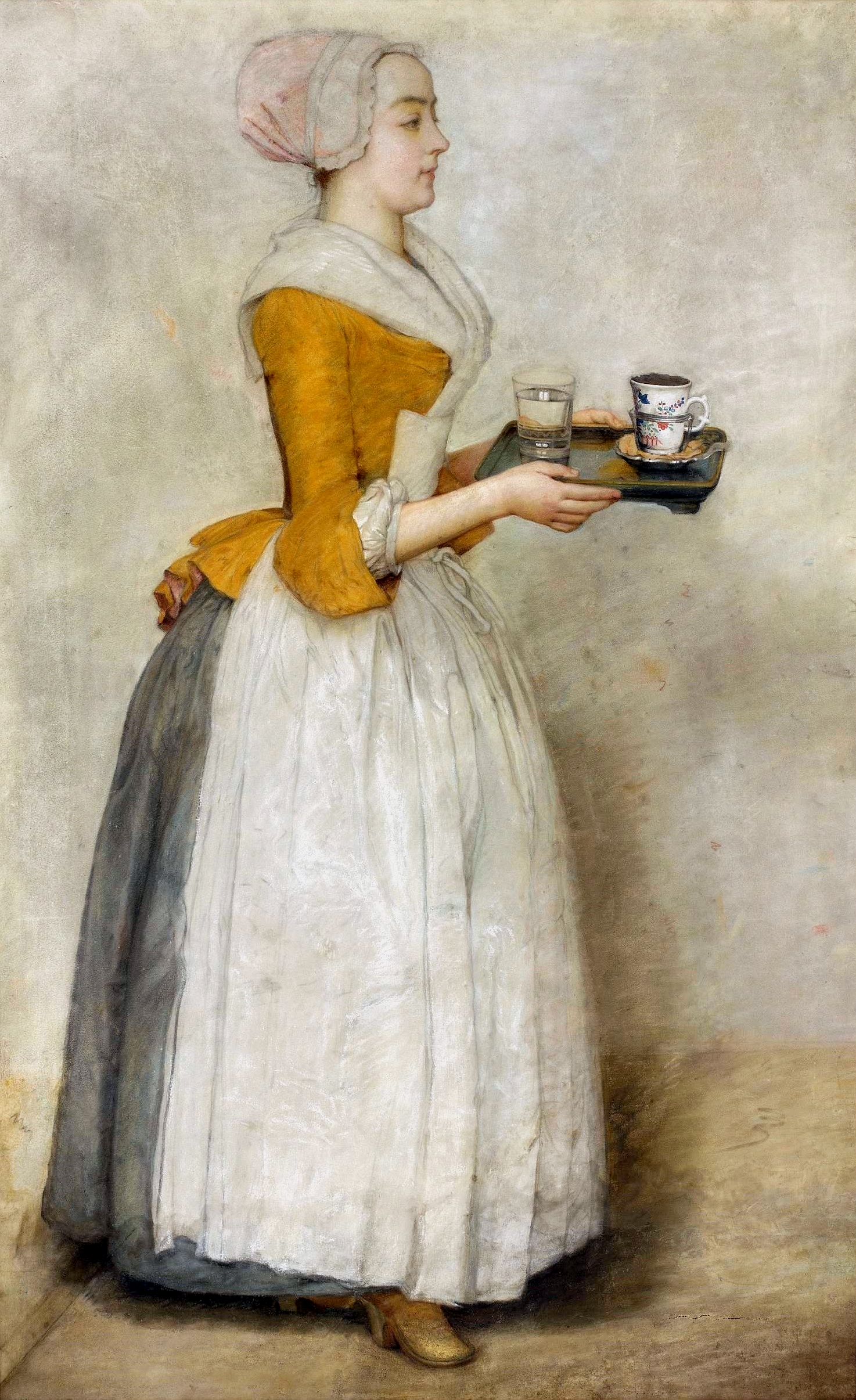Lucy Terry Prince
Topics & Ideas
WIREFRAME ONLY - NOT YET DESIGNED
Topics and Ideas
Stimulating Beverages and the Slave Economy

About
It is hard to imagine a time when stimulating hot beverages like tea, coffee, and chocolate were not a part of daily life. Virtually unknown in Western Europe until the mid-1600s, these new drinks became enormously popular in a relatively short time and played a central role in the creation of the transatlantic slave economy. Sugar was a crucial ingredient in these hot beverages as well as a sought-after and highly valued sweetener for cooking and special confections. Columbus introduced sugarcane to the Caribbean where plantations grew and processed sugar and its byproduct, molasses, in a brutally extractive process using the labor of enslaved people captured and forcibly transported from Africa. Plantation owners demanded ever more workers due to the labor intensive nature of sugar cultivation and an appallingly short life expectancy among the enslaved people working under horrendous conditions. Increasing demand combined with immense profits created a thriving transatlantic exchange network commonly referred to as the Triangular Trade. Many New England merchants invested in voyages to capture and sell enslaved Africans. New Englanders, including farmers in rural communities like Deerfield, Massachusetts, actively participated in the slave economy by supplying sugar plantations in the Caribbean and South America with produce, lumber, and livestock in exchange for sugar, molasses, and rum.